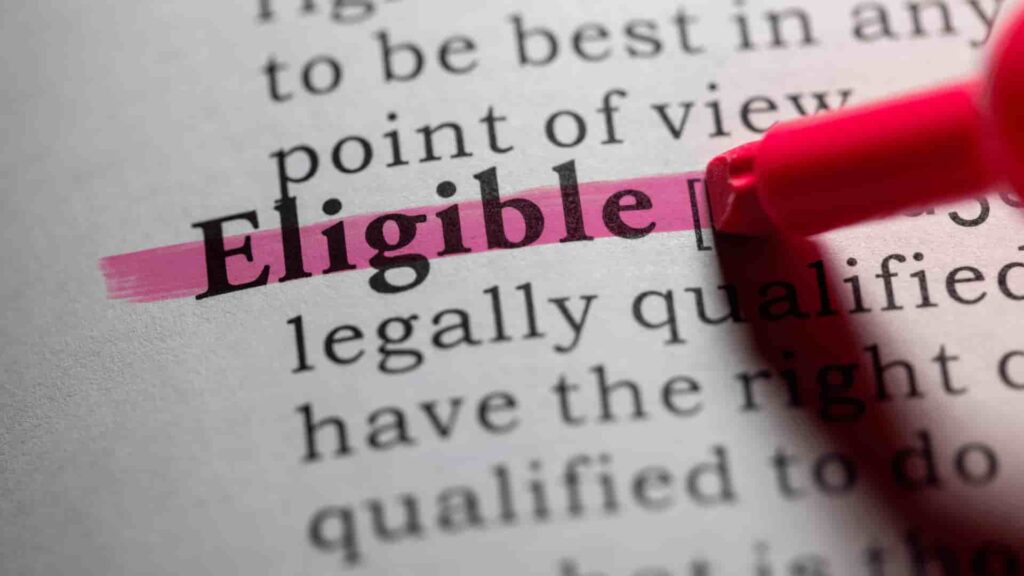Introduction
The Certified Fraud Examiner (CFE) course is intended for individuals seeking to expand their expertise in fraud investigation. This course offers valuable insights and tools for individuals at all levels of experience to detect, prevent, and investigate fraud in the industry.
The ACFE is a leading anti-fraud organisation that offers training and education in fraud prevention. The ACFE, with over 85,000 members, helps reduce business fraud globally and boosts public confidence in the profession.
Career Scope in Certified Fraud Examiner

Certified Fraud Examiners (CFEs) possess a specialised skill set that distinguishes them from other professions. They use expertise in financial transactions and law to handle fraud allegations effectively.
The CFE credential can advance career advancement and establish expertise in the global anti-fraud industry.
CFEs are in high demand in the majority of Fortune 500 companies. Even though this course is new, it’s expected to grow at an alarming rate shortly.
Role & Responsibilities of Certified Fraud Examiner
CFEs are important for organisations as they investigate and prevent fraud. Fraud examiners work in various industries such as banking, law enforcement, insurance companies, accounting firms, etc. They can also work independently as consultants for different clients.
Their main responsibilities include:
- Examining financial records for evidence of fraudulent activity
- Preparing reports and relevant documents
- Providing support in legal inquiries and investigations
- Performing forensic audits to identify fraudulent activities
- Providing expert testimony in a legal trial
- Investigate money laundering, tax evasion, illegal investment schemes, etc.
Employment Scope Career Options for Certified Fraud Examiner
Certified Fraud Examiners (CFEs) have a wide range of career options available due to their specialised skills in fraud investigation and prevention.
Certified Fraud Examiners hold various job titles in different industries like Fraud Analyst, Risk Manager, Audit Consultant, Forensic Accountant, Private Investigator, etc. Job titles may differ based on the industry and organisation in which the position is located.
Some of the top companies that recruit CFEs are Wells Fargo, Hewlett-Packard, Deutsche Bank, Accenture, Travelex, etc.
Career scope for Certified Fraud Examiner in Govt & PSU sector
CFEs have a wide range of career opportunities in the government and public sector. Government agencies and Public Sector Undertakings (PSUs) frequently seek the assistance of Certified Fraud Examiners (CFEs) to investigate and prevent fraud within their organisations.
CFEs have the opportunity to work in a range of government departments including the IRS, FBI, SEC, and others. They also have opportunities to work in Public Sector Undertakings such as ONGC, BHEL, and SAIL.
The role of a CFE in the government and PSU sector involves: Investigating potential fraud cases within government agencies or Public Sector Units, Detecting and averting financial misconduct, Assisting with legal inquiries and investigations, Performing forensic audits to detect fraudulent activities, and Providing expert testimony in legal proceedings.
Salary Range

The salary range for Certified Fraud Examiners (CFEs) varies depending on factors such as experience, industry, location, and job responsibilities. On average, a CFE can expect to earn between 9 to 13 lakhs per annum.
Entry-level CFEs can earn around 4 to 5 lakhs per annum. Experienced CFE professionals in the field have the potential to earn annual salaries exceeding 20 lacs.
How to Become a Certified Fraud Examiner?
ACFE is the governing body that offers the Certified Fraud Examiner (CFE) credential. To become a CFE, you must follow these steps:
- Join the ACFE: To become a Certified Fraud Examiner (CFE), one must first become a member of the Association of Certified Fraud Examiners (ACFE). Only ACFE members can get the CFE credential.
- Prepare for the examination: Once you join the ACFE, it is important to thoroughly prepare for the exam by studying the CFE Exam Prep Course provided by ACFE. This course covers topics such as Fraud Prevention and Deterrence, Financial Transactions and Fraud Schemes, Investigation, and Law.
- Apply for the CFE exam: The CFE Exam online application is divided into four qualifying sections: Qualifications, Experience and Character, Signature Statement, and Payment. You need to also submit all necessary documentation like experience proof, education proof, professional recommendations, and photos to the Certification Portal.
- Pass the CFE Exam: After submitting the necessary documentation and completing the application process, candidates must pass the CFE Exam to obtain their certification. The test is challenging and necessitates extensive preparation and a strong understanding of fraud examination principles.
Candidates must achieve a minimum score of 75% on each section to pass the exam. Upon successful completion of the CFE Exam, individuals will be awarded the Certified Fraud Examiner certification.
Maintain your certification: To maintain your CFE certification, it is necessary to complete a minimum of 20 hours of continuing professional education (CPE) annually and pay the ACFE membership fees. This helps CFE stay current on industry trends and best practices in fraud examination.
Course Details of the CFE Exam
The CFE exam includes four different areas for assessment.
Financial Transactions and Fraud Schemes
This section examines the various types of fraudulent financial transactions found in accounting records. This section of the exam will assess your understanding of concepts such as fraud schemes, basic accounting and auditing theory, Internal controls to deter fraud, and other accounting and auditing matters.
Law
This section addresses the legal aspects of prosecuting individuals involved in fraud, including knowledge of legal implications, criminal and civil law, rights of all parties involved, rules of evidence, and expert witness considerations.
Investigations
This section examines the tools and techniques required to gather information and evidence during a fraud examination to identify perpetrators. It also includes writing reports, interviewing, tracing illicit transactions, evaluating deception, taking statements, and gathering relevant information from public records.
Fraud Prevention and Deterrence
This section explores the reasons behind fraud and strategies for its prevention. Topics covered in this section include occupational fraud, crime causation, white-collar crime, fraud prevention, fraud risk assessment, and The ACFE Code of Professional Ethics.
CFE Exam Details
The CFE exam assesses knowledge of the four main areas of fraud examination. The exam is online and is administered by Prometric.
It is a multiple-choice, closed book, and closed-notes exam divided into 4 sections (100 questions in each section). The exam duration is 2 hours per section. All four sections must be completed within a 60-day timeframe. If a section of the exam is failed, it can be retaken.
A passing score of at least 75% is required on each exam section. Multiple controls are in place to maintain integrity during the exam.
Eligibility Criteria

Before applying for the Certified Fraud Examiner (CFE) exam, certain criteria must be fulfilled. The criteria are as follows:
- A Bachelor’s degree or equivalent is a minimum requirement
- Candidates must have at least 2 years of relevant professional experience in areas such as accountancy, auditing, criminology, investigation, loss prevention, law enforcement, or legal experience related to fraud.
- A minimum of 50 qualification points is required.
Individuals with a minimum of 40 points in the eligibility CFE point system who do not yet qualify for the CFE title can undertake training and exams. Once they have acquired relevant professional experience, they can become officially certified.
Fees for Certified Fraud Examiner Course
The fees for the Certified Fraud Examiner (CFE) course can vary based on the institute or organisation providing the program. The course fees in India range from approximately 60,000 to 70,000.
Furthermore, there could be extra expenses linked to study materials, training courses, and exam resits. It is recommended to verify pricing information directly with the institute or organisation offering the course.
How to Maintain CFE Credentials?
To retain your CFE credential, it is necessary to complete a minimum of 20 Continuing Professional Education (CPE) hours every 12 months. A minimum of 10 hours should focus on fraud detection and deterrence, with 2 hours dedicated to ethics. Individuals who have accumulated over 20 CPE hours in their previous reporting period have the option to carry over up to 10 hours to fulfil their current CPE requirements.
In addition, to remain a member of the ACFE and keep the CFE credential, you must complete the annual CPE requirements and pay the annual membership fee. If your membership expires, access to the CFE credential will no longer be available.
Conclusion
Earning a Certified Fraud Examiner (CFE) certification entails dedication, knowledge, and a commitment to the field of fraud examination. Individuals who pass the CFE exam and meet eligibility requirements can demonstrate their proficiency in fraud detection, prevention, and deterrence.
The CFE course provides professionals with tools and techniques to gather information, identify perpetrators, and assist organisations in fraud prevention. Ongoing education and maintaining CFE credentials help individuals stay informed about the latest trends and best practices in fraud detection and prevention.

